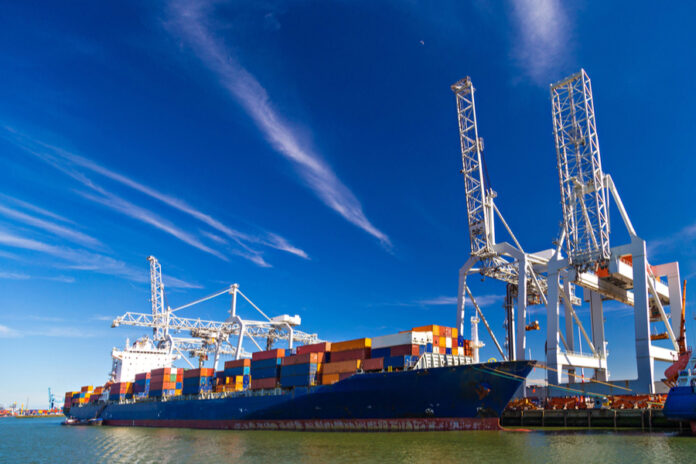LONDON: The global shipping industry will need $2.4 trillion to achieve net-zero emissions by 2050, with around $500 billion required by 2030, according to analyst estimates.
“Certainly, the European banks at least and not far behind the American banks will have to meet criteria that satisfy sustainable finance,” said Tony Foster, chief executive of specialist asset manager Marine Capital.
“When it comes to new assets it is going to be increasingly difficult to fund anything that does not quite qualify and the same will be true, perhaps even more so, with existing assets.”
Ocean freight costs are likely to remain high in 2022 as investors and regulators scramble to accelerate decarbonization of the shipping industry and companies grapple with green financing, sources say.
Darren Maupin, founder of leading fund manager Pilgrim Global, said companies in the shipping sector were grappling with how to secure finance with more ESG pressure.
“The industry has a far reduced ability to build ships and limited capital available to do so. Simple supply-demand suggests rates are going to be higher and the industry is going to have to generate more capital to fund itself.”
Shipping, which transports about 90 percent of the world trade and accounts for nearly 3 percent of the world’s CO2 emissions, is under growing pressure from environmentalists to deliver more concrete action including a carbon levy.
The International Maritime Organization, the UN’s specialist shipping agency, has said it has made progress on short-term greenhouse gas reduction measures.
But that timeline is not seen as fast enough by environmentalists and a number of the IMO’s 175 member countries.
“At the MEPC (IMO committee) meeting in June next year there will be a lot of heat and pressure on regulators to ensure that they come prepared to negotiate a solution rather than kicking the can down the road because of misalignment or negotiation tactics. It is really not acceptable,” said Christian Michael Ingerslev, chief executive of Maersk Tankers.

